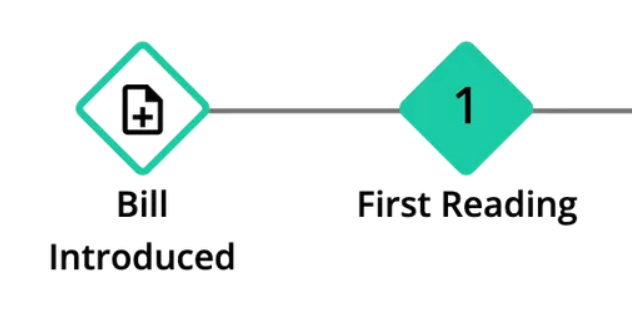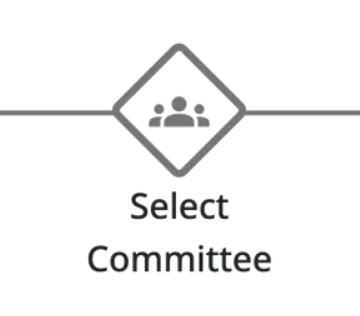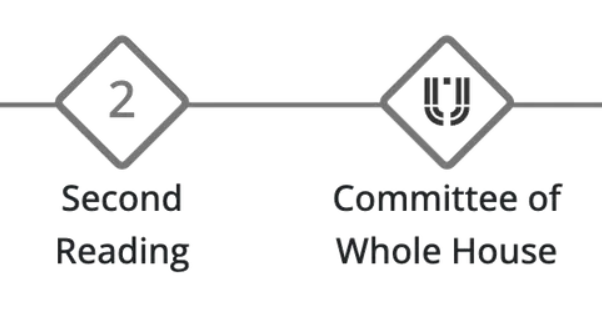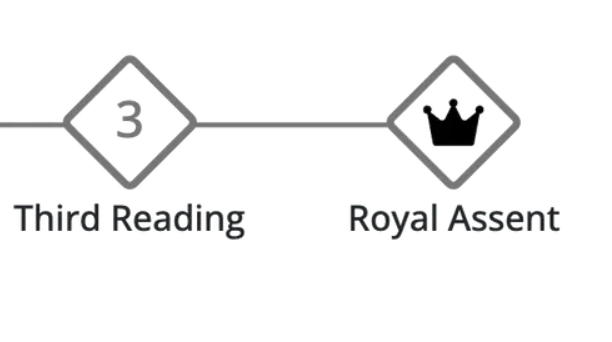Sector Relevant Laws
Getting involved in creating new and changing laws can seem daunting. Every person and organisation can help our sector by giving statistical and anecdotal evidence to support changes that will strengthen our mahi, and allow for oversight without getting in our way.
Here we present the process of how a bill becomes law, and what to do to have your voice heard.
You can always look to other's examples and seek help from a lot of organisations. At CNA we read other submissions, get expert advice where we can, as well as touch base with our Members to see what they think.


The 4 Different Types of Bills:
Whether a new law is being made or an old law is being amended. There are several steps that parliament must follow to enable democracy to occur. Bills (proposed laws) go thorugh several stages, gicing MPs and the public the chance to have their say.
There are 4 kinds of Bills: Government, Members, Private, and Local.
Government Bills
These are the Bills we are most likely familiar with. The Government of the day creates or amends bills in line with it's party's or a coalition's philosophy.
Members Bills
Any member may propose a member’s bill, unless they are a Minister. Each member may only propose one member’s bill at a time. Members’ bills may deal with any matter of public policy, and since 1996 there have been no financial restrictions on their content. The Government does, however, have the right to veto any bill that would have “more than a minor impact on the Government’s fiscal aggregates if it became law”.
Private Bills
Private bills ask for a change to, or an exemption from, a law for the benefit of a particular person or group. They are promoted by individuals or groups seeking Parliament’s help to change how an existing law applies to them.
Local Bills
Local bills deal with matters confined to a particular locality. They are intended to change or limit the effect of the general law in its application to the particular locality concerned.

How to follow a bill:
Write a description for this tab and include information that will interest site visitors. For example if you are using tabs to show different services write about what makes this service unique. If you are using tabs to display restaurant items write about what makes a specific dish particularly worthwhile or delicious.

Public Response:
Written Submissions:
Oral Submissions:
Committee's Report:

House Debate:
Write a description for this tab and include information that will interest site visitors. For example if you are using tabs to show different services write about what makes this service unique. If you are using tabs to display restaurant items write about what makes a specific dish particularly worthwhile or delicious.

Read into Law:
Once a Bill has been read a third and final time it is then passed onto the Governor General to sign - 'the 'Royal Assent'. Once this occurs it becomes and Act of Law.
The Act will include within it, when and how it comes into force. It may be immediate, it may include a schedule that lays out when particualr parts of the Act come into effect.
Sign up for Network News
Keen to become a member of Community Networks Aotearoa?

GET IN TOUCH
Wellington 6011
New Zealand
LOOKING FOR SOMETHING?
All Rights Reserved | Community Networks Aotearoa


